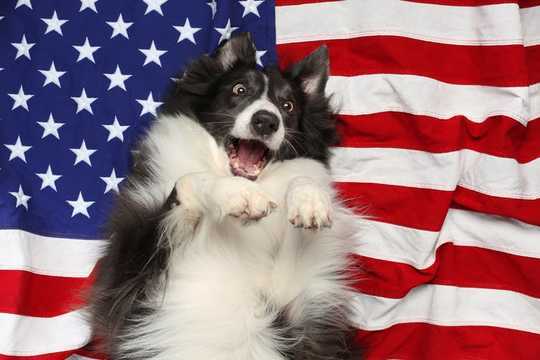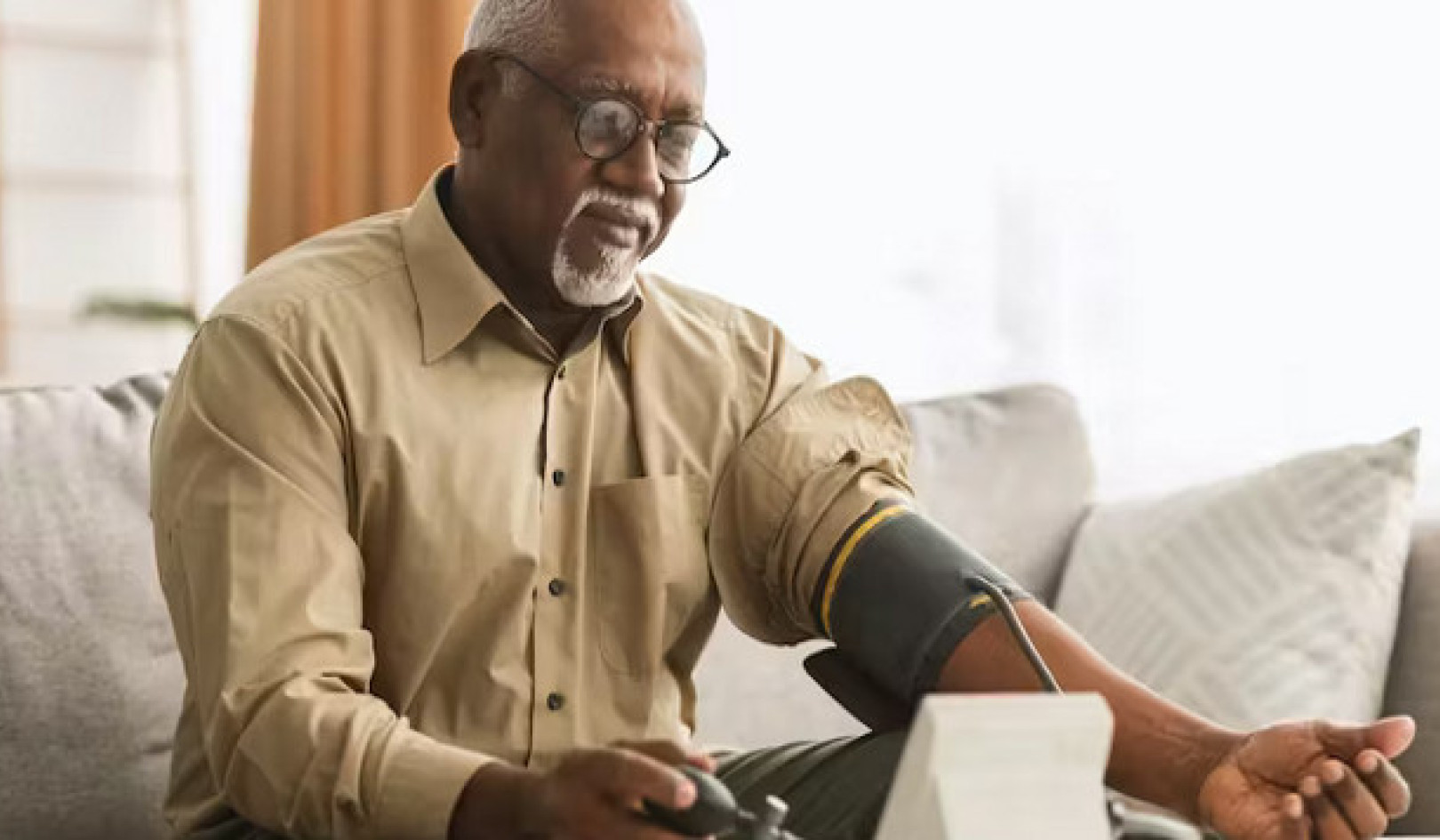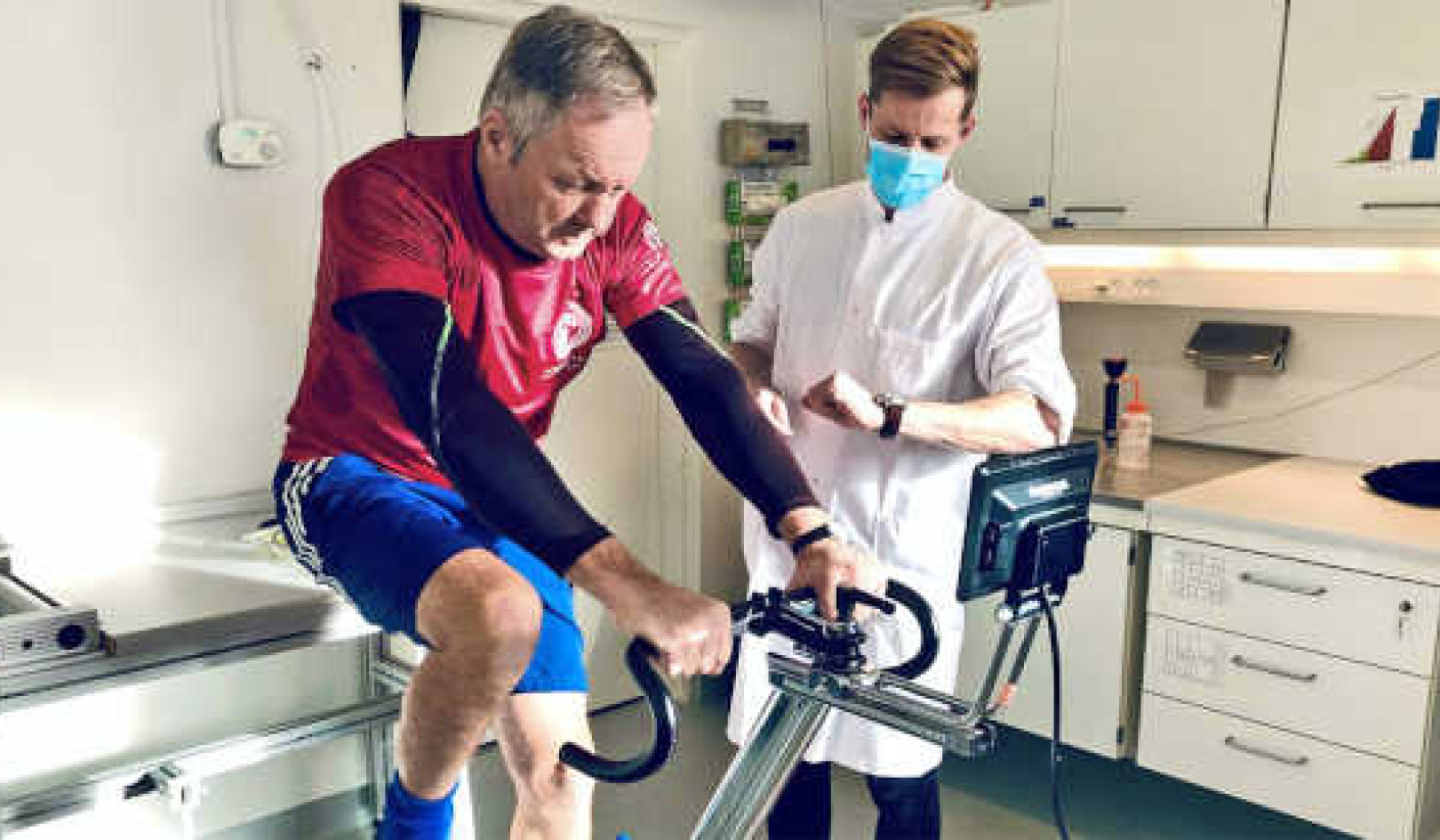 Dogs often react with great fear to July 4th celebrations. Border collies such as this dog are especially sensitive to loud noises. Leigh Prather/Shutterstock.com
Dogs often react with great fear to July 4th celebrations. Border collies such as this dog are especially sensitive to loud noises. Leigh Prather/Shutterstock.com
The Fourth of July can be a miserable day for dogs. The fireworks make scaredy-cats out of many canines.
That’s because dogs, like humans, are hardwired to be afraid of sudden, loud noises. It is what keeps them safe. Some dogs, though, take that fear to the extreme with panting, howling, pacing, whining, hiding, trembling and even self-injury or escape. And, unlike humans, they don’t know that the fanfare on the Fourth is not a threat. Dogs hear the fireworks and process it as if their world is under siege.
How a dog responds to noises may be influenced by breed, with German shepherd dogs more likely to pace, while border collies or Australian cattle dogs are more likely to show their fear by hiding.
While we veterinarians don’t know exactly why some dogs are afraid of fireworks and others not, many dogs that react to one noise often react to others. Therefore, early intervention and treatment are essential in protecting the welfare of these terrified dogs. Here’s how you can protect your dog from fireworks.
-
Take your pet to the vet. If your dog is afraid of fireworks, the first step is to have your veterinarian evaluate him or her, especially if your dog’s noise sensitivity is relatively new. One recent study found a link between pain and noise sensitivities in older dogs, indicating that muscle tension or sudden movements in response to a loud noise may aggravate a tender area on the body and thus create an association between the loud noise and pain, causing fear of that particular noise to develop or escalate.
-
Create a “safe haven” in your home with a secure door or gate, preferably away from outside windows or doors. Close the blinds or curtains to reduce outside noises, and play some classical music to help reduce stress by creating a relaxing environment for your dog during the show. A white noise machine or box fan may also help reduce anxiety, along with a pheromone like Adaptil sprayed on bedding, a bandanna, a collar or from a diffuser plugged into the wall.
-
Consider noise-canceling headphones such as Mutt Muffs to muffle the sounds and further reduce noise sensitivities.
-
Find a food your pet will love. This could be cut pieces of boiled chicken or squeeze cheese. Sit with your pet and feed him with each boom. You can also use a long-lasting food-dispensing or puzzle toy to release food continuously during the show. This is to help your dog make a positive association with the noises for the future.
-
Consider anxiety wraps, fabric wraps that exert a gentle pressure on your dog’s body. These may help to lower heart rate and other clinical signs of fear and anxiety, operating on the belief that they swaddle a scared animal and thus calm its fears. These work best, however, in conjunction with a complete behavior treatment plan including medication or behavior modification, or both.
-
When it comes to comforting your dog, the jury is still out. It is difficult, however, to reinforce an emotional response with comfort. Therefore, it is OK to pet your dog when frightened by a noise event so long as the dog appears to be comforted and not more distressed by the attention.
About The Author
Christine Calder, Assistant Clinical Professor of Behavior, College of Veterinary Medicine, Mississippi State University
This article is republished from The Conversation under a Creative Commons license. Read the original article.
Books on Pets from Amazon's Best Sellers list
"The Beginner's Guide to Dog Agility"
by Laurie Leach
This book is a comprehensive guide to dog agility, including training techniques, equipment, and competition rules. The book includes step-by-step instructions for training and competing in agility, as well as advice for selecting the right dog and equipment.
Click for more info or to order
"Zak George's Dog Training Revolution: The Complete Guide to Raising the Perfect Pet with Love"
by Zak George and Dina Roth Port
In this book, Zak George offers a comprehensive guide to dog training, including positive reinforcement techniques and advice for addressing common behavior issues. The book also includes information on selecting the right dog and preparing for the arrival of a new pet.
Click for more info or to order
"The Genius of Dogs: How Dogs Are Smarter than You Think"
by Brian Hare and Vanessa Woods
In this book, authors Brian Hare and Vanessa Woods explore the cognitive abilities of dogs and their unique relationship with humans. The book includes information on the science behind dog intelligence, as well as tips for enhancing the bond between dogs and their owners.
Click for more info or to order
"The Happy Puppy Handbook: Your Definitive Guide to Puppy Care and Early Training"
by Pippa Mattinson
This book is a comprehensive guide to puppy care and early training, including advice for selecting the right puppy, training techniques, and health and nutrition information. The book also includes tips for socializing puppies and preparing for their arrival.
Click for more info or to order


























